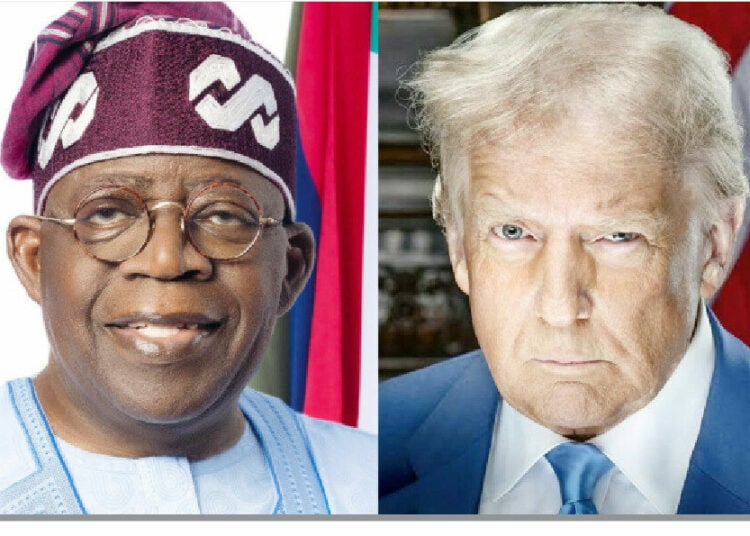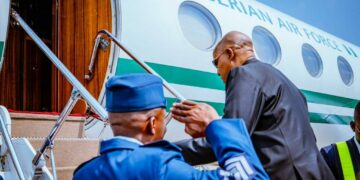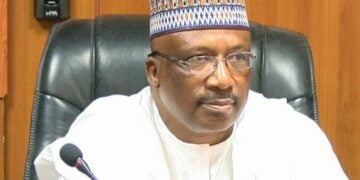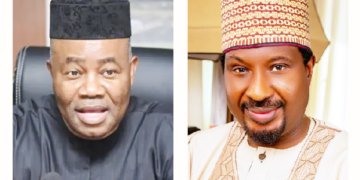The National Civil Society Council of Nigeria (NCSCN) has dismissed widespread reports alleging a targeted genocide against Christians in the country, describing the claims as “misleading, unverifiable, and capable of inciting religious tension.”
In a communiqué issued after its emergency national meeting held Saturday, November 1, 2025 in Abuja, the Council cautioned both local and international actors against politicising insecurity and spreading divisive narratives about religious persecution in Nigeria.
The meeting, which had in attendance associations representing Christian, Muslim, and traditional religious groups, was convened to address the growing international controversy over alleged Christian genocide and the Federal Government’s prolonged delay in appointing ambassadors.
According to the communiqué signed by Mazi Oscar David Kalu, Chairman of the Drafting Committee, the Council noted the absence of any verified database categorising victims of terrorism and banditry by religion, gender, or age — a gap, it said, has enabled misinformation and exaggerated reports of faith-based killings.
“The impression being created locally and internationally that terrorists and bandits are targeting only Christians is erroneous and misleading,” the statement read.
“Available data before the Council clearly show that Muslims and Islamic communities are equally, if not more, affected by the security challenges confronting Nigeria.”
The Council further accused certain politicians and pressure groups of deliberately exploiting insecurity for political advantage, warning that such actions only fuel distrust among citizens and inflame sectarian divisions.
On Nigeria’s diplomatic crisis, the NCSCN expressed deep concern over the delay by President Bola Ahmed Tinubu’s administration to appoint ambassadors nearly two years into office, describing the situation as detrimental to the nation’s foreign policy and global standing.
The communiqué noted that the recall of all ambassadors shortly after Tinubu took office has left Nigeria without official representation in key nations — including the United States — thereby weakening the country’s ability to defend its image and interests abroad.
“Today, Nigerian embassies are among the most inactive globally, leaving the nation vulnerable to manipulation and propaganda,” the Council warned.
The body urged President Tinubu to transmit a list of ambassadorial nominees to the Senate before the end of November 2025 and to create a national framework for international lobbying to rebuild Nigeria’s diplomatic influence.
It also called on the Office of the National Security Adviser (ONSA) to coordinate proper data documentation on terrorist and bandit attacks, and to convene an inter-religious dialogue to clarify misconceptions about religious persecution in the country.
“No country should allow unverified claims of genocide to damage its image before the international community.
“The government must respond with facts, diplomacy, and credible representation abroad,” the communiqué concluded.





